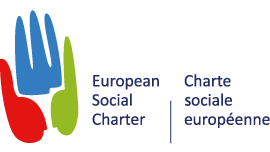Europe’s democratic shortcomings are bigger, deeper and geographically more widespread than previously understood according to the latest overview of human rights, democracy and the rule of law in the 47 Council of Europe member states.
The report, by Council of Europe Secretary General Thorbjørn Jagland, identifies the lack of judicial independence in many countries and threats to media freedom across the continent as the two biggest challenges to democratic security.
“Honest and decent courts are essential for supporting democracy and maintaining stability, yet over a third of our member countries are failing to ensure that their legal systems are sufficiently independent and impartial,” said the Secretary General.
“Media freedom, on the other hand, is under pressure across the whole continent. Journalists face physical threats in many places, anti-terror laws are being used to limit free speech and certain media arrangements unfairly favour those who are in power.”
The Secretary General’s overview – which is based on findings from the Council of Europe’s thematic monitoring bodies – identifies shortcomings in the conduct of elections, inadequate anti-discrimination rules and pressure on NGOs in many countries as further areas of concern.
As well as statistical analysis, the report includes detailed criteria for assessing different aspects of democratic security and specific plans for follow-up work – including a pan-European action plan for training legal professionals and a new three-year programme on the safety of journalists.



